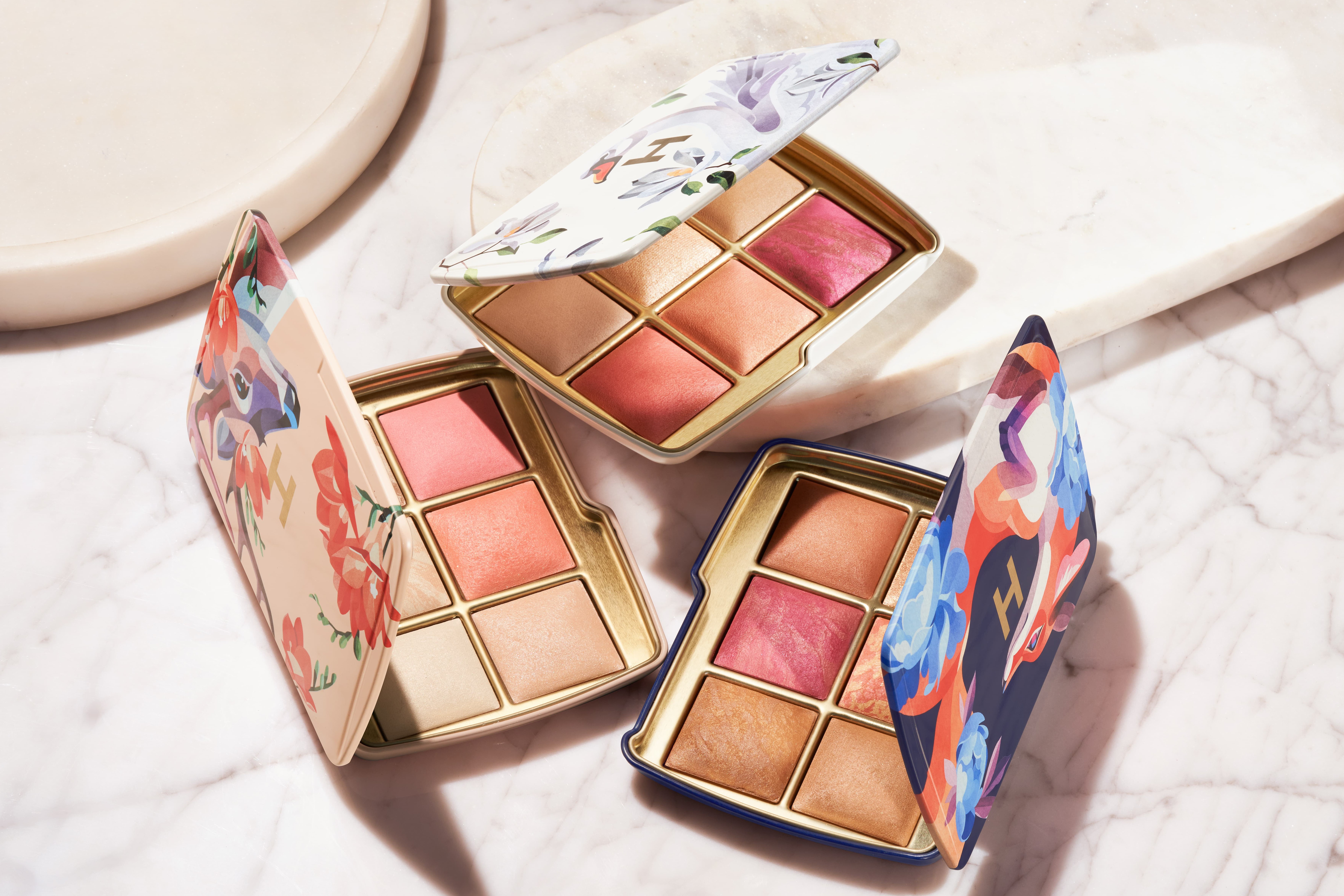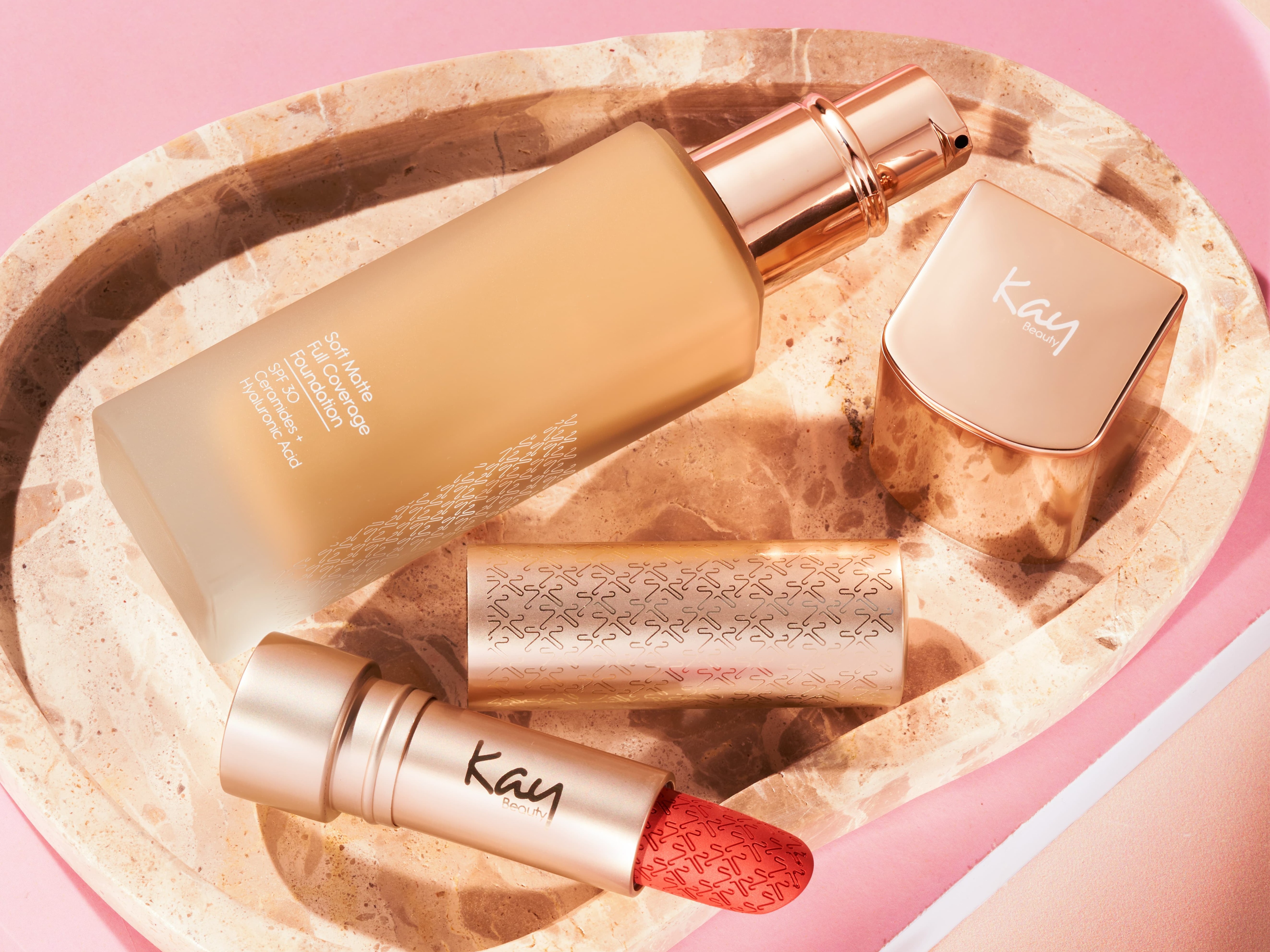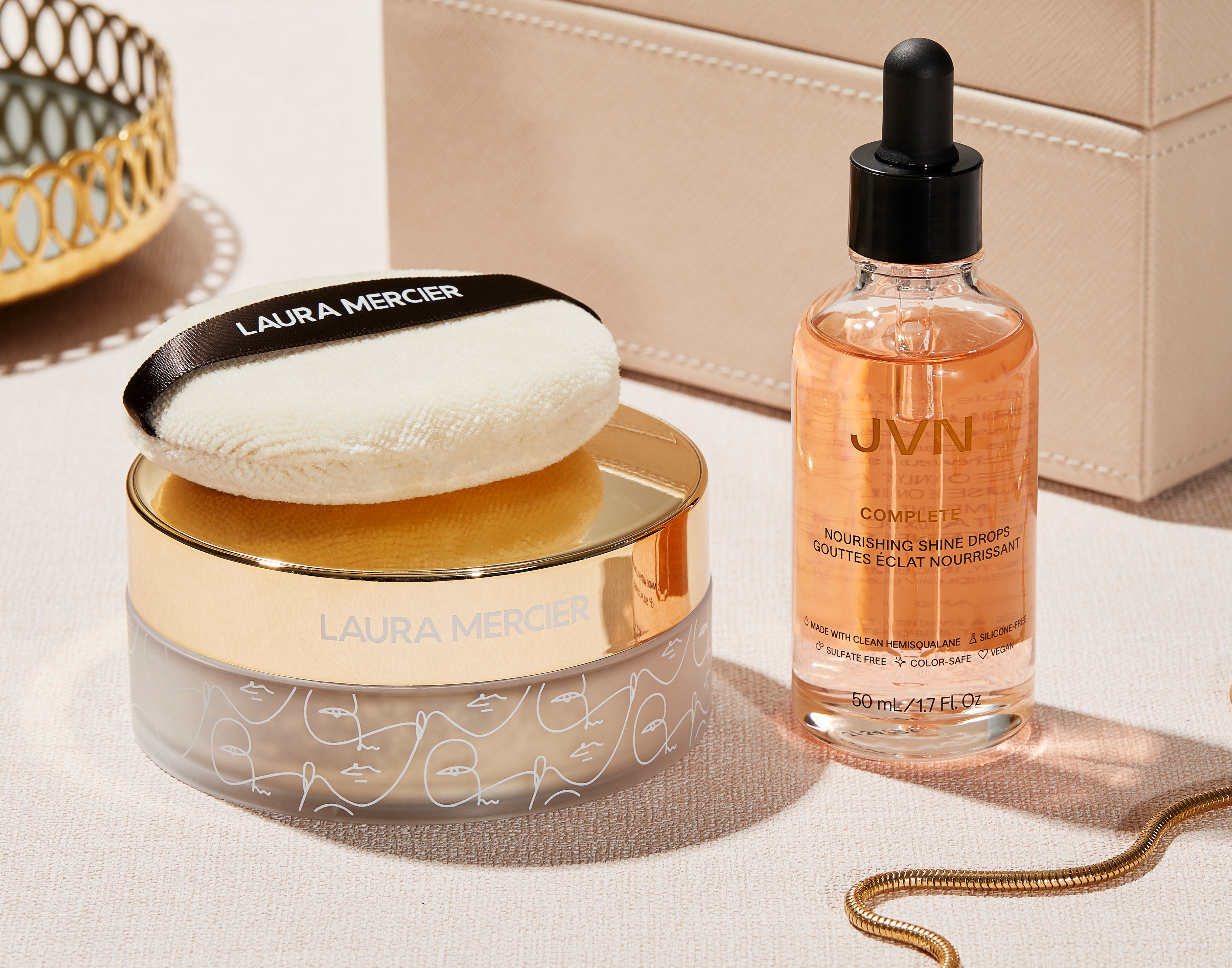
What is Exfoliation?
As we age, our skin cell renewal process starts to slow down, resulting in the collection of dead skin cells on the surface of the skin. This collection of cells causes a dull and lacklustre complexion, not to mention the increased visibility of pores, fine lines and age spots. The removal of these dead skin cells, AKA exfoliation, helps to speed up the skin renewal process and improves skin tone and texture. Exfoliated skin is also better able to absorb skincare products, such as toners, serums and moisturisers – making it an essential skincare step for all skin types.
Physical or Chemical
Did you know that there are two ways to exfoliate your skin?
Physical exfoliants contain small granular substances, such as fine textured bamboo beads, pumice, ground crystals or crushed pips and seeds, and work to slough away at the skin’s surface to gradually remove the cells. This type of exfoliation is best suited for normal skin types that don’t easily irritate.
If your skin is more sensitive, try a chemical exfoliator that contains alpha and beta hydroxy acids or fruit enzymes. All three of these chemical exfoliators work to dissolve the bonds that hold the dead skin cells to the skin’s surface.
The most common AHAs are glycolic and lactic acid, and these are best suited for people with oily to combination skin. Try: Omorovicza Acid Fix
If your skin is blemish-prone, look for skincare containing salicylic acid, a BHA which works to dissolve debris that causes acne.
Enzyme-based exfoliants come from natural sources such as fruits. They also dissolve the bonds between skin cells but have a more gentle approach and so are best suited to very sensitive skin. Try: Herbivore Brighten Pineapple + Gemstone Mask
When to Exfoliate
Exfoliating products should always be applied directly to freshly washed skin. The main thing to bear in mind is not to over exfoliate, as this can cause irritation. Two to three times per week is suitable for normal to combination skin types – try introducing a gentle exfoliating treatment just once a week for more sensitive skin. If you exfoliate during the day, it’s essential to always use an SPF to protect fresh, delicate skin from UV damage.
Cleanse – usually the first step in your regime, an exfoliating cleanser loaded with gentle fruit enzymes is a quick and easy way to brighten up sleepy skin and give a natural glow to your complexion. Start your day with Oskia Renaissance Cleanser Gel
Toner – gently slough away dead skin cells and prevent blemishes with an exfoliating toner. Caudalie’s new Vinopure Clear Skin Purifying Toner is formulated with 100% natural salicylic acid garnered from willow bark and it visibly reduces imperfections, refines skin texture and tightens the appearance of pores.
Serum – a lightweight, highly concentrated serum is a great way to target specific skincare complaints. Herbivore Prism Natural Fruit Acids 5% Glow Potion is a leave-on treatment comprising a blend of natural fruits acids that work to reveal a clearer, more youthful and radiant glow.
Moisturiser – you might be surprised to know that you can hydrate and exfoliate at the same time, but Dr Dennis Gross Alpha Beta Exfoliating Moisturizer is loaded with seven alpha beta acids as well as nourishing actives and works to aid cell turnover for smooth and radiant skin.
Overnight – if your skin is photo-sensitive, don’t take the risk; incorporate your exfoliating treatment overnight – no need to follow with SPF right away. We love Sarah Chapman Skinesis Overnight Exfoliating Booster – a blend of non-abrasive skin resurfaces that works to maximise the skin’s natural cell-renewal process.


















